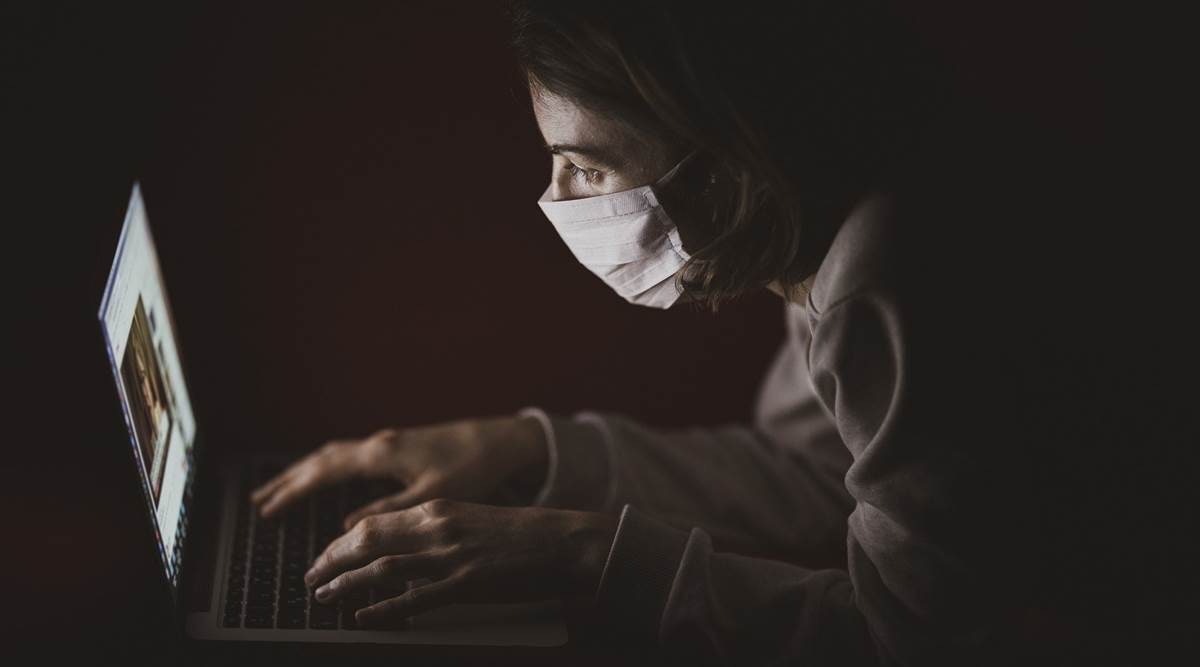'After the acute phase of COVID-19 is over, patients may return to hospitals with symptoms such as lethargy, body aches and itchy throats, even four to six weeks later,' says Dr Md Shakeel of Hiranandani Hospital, Vashi

It has been a while now since the COVID-19 pandemic, and people are slowly learning of many different ways to deal with it — both in terms of recovery and prevention. It is a known fact that the virus, once it is inside the body, does not isolate and attack the respiratory system alone, but instead makes its way to many other organs.

Dr Md Shakeel, Head-Emergency & Trauma, Hiranandani Hospital, Vashi — a Fortis Network Hospital — says a study conducted in Italy showed that 87.4 per cent of patients, who had recovered from COVID-19, reportedly felt some kind of fatigue and dyspnoea (laboured breathing). This was reported even after two months of being discharged from the hospital.
“Some patients who had recovered had to be rushed back with low oxygen saturation levels, just a day after discharge. These patients were admitted to the hospital for at least 10 more days, and were discharged only after they started doing well. These patients returned to the hospital with a whole spectrum of lung diseases – from fibrosis (formation of hard fibrous tissues as the lung heals from an injury) to secondary infections and pneumonia. It was also noted that after recovering from COVID-19, some patients came back with reduced heart function, heart attack or even stroke,” he says.
ALSO READ | Home-based care for COVID-19 infection; here are some dos and don’ts
Dr Shakeel goes on to say that the virus — which is known to attack the endothelial cells that line the blood vessels — causes excessive blood clotting in the body. And now that the infection has been in the country for over five months, we need to start looking at post-COVID-19 rehabilitation.
“These long and short-term impacts are called ‘post-COVID syndrome’. This means, after the acute phase of COVID-19 is over, patients come back to hospitals with symptoms such as lethargy, body aches and itchy throats, even four to six weeks later. Patients are also seen to have had some psychological stress, leading to anxiety and depression. It is of utmost importance to monitor such cases, and a proper post-discharge rehabilitation plan be put in place, to monitor the patient’s health, so timely intervention can be done,” he explains.
The doctor says that there are some things that COVID survivors should assess:
* Their daily check of oxygen saturation, it should be maintained at >94% in room air.
* They must watch for respiratory symptoms like persistence or worsening of cough and breathlessness.
* Check for persistent rise of body temperature above 100F.
* Watch out for signs of lethargy, drowsiness, and altered sensorium.
* Regular monitoring of blood sugar in known diabetic patients. COVID infection (as any other infection) alters blood sugar levels of the body. Strict monitoring once in three days and regular consultation with your doctor is required.
* Regular blood pressure monitoring in known hypertensive patients is required to avoid accelerated hypertension-related complications. Weekly blood pressure monitoring in case of controlled hypertension, or more frequently in case of abnormal readings, is required.
* Follow up consultation with the doctor within seven days of discharge.
* Blood investigations like CBC, CRP at first follow up, and subsequent follow-ups, if advised by a physician.
* Repeat CT scan of chest after three months to look at the extent of lung recovery post-infection.
ALSO READ | COVID-19: Most homemade masks block large cough droplets, even as single layer, says study
What happens if a patient skips these assessments?
– The patient may go into ‘cytokine storm’ — immune cells flood and attack the lungs they should actually be protecting.
– Blood vessels could leak, or the blood could start to clot.
– Blood pressure could plummet and organs could start to fail.
“Secondary complications are highly common in post COVID infections like pulmonary fibrosis, pulmonary embolism, renal failure, liver dysfunction, coagulopathy (excessive bleeding or clotting), acute stroke, and myocardial infarction,” Dr Shakeel warns.
For more lifestyle news, follow us: Twitter: lifestyle_ie | Facebook: IE Lifestyle | Instagram: ie_lifestyle
? The Indian Express is now on Telegram. Click here to join our channel (@indianexpress) and stay updated with the latest headlines
For all the latest Lifestyle News, download Indian Express App.
Source: Read Full Article
